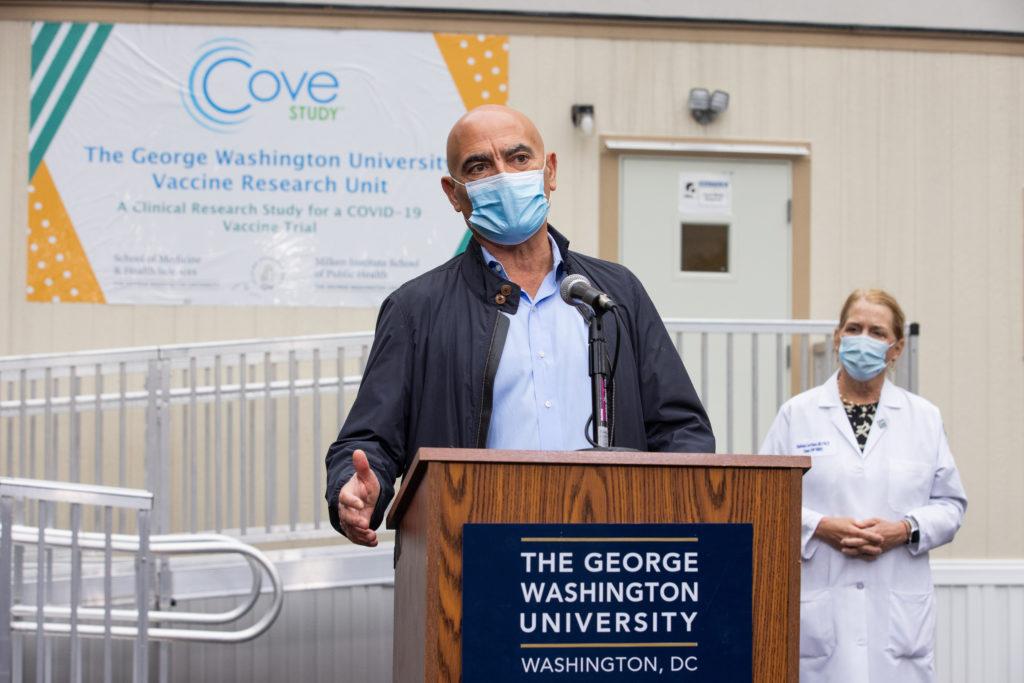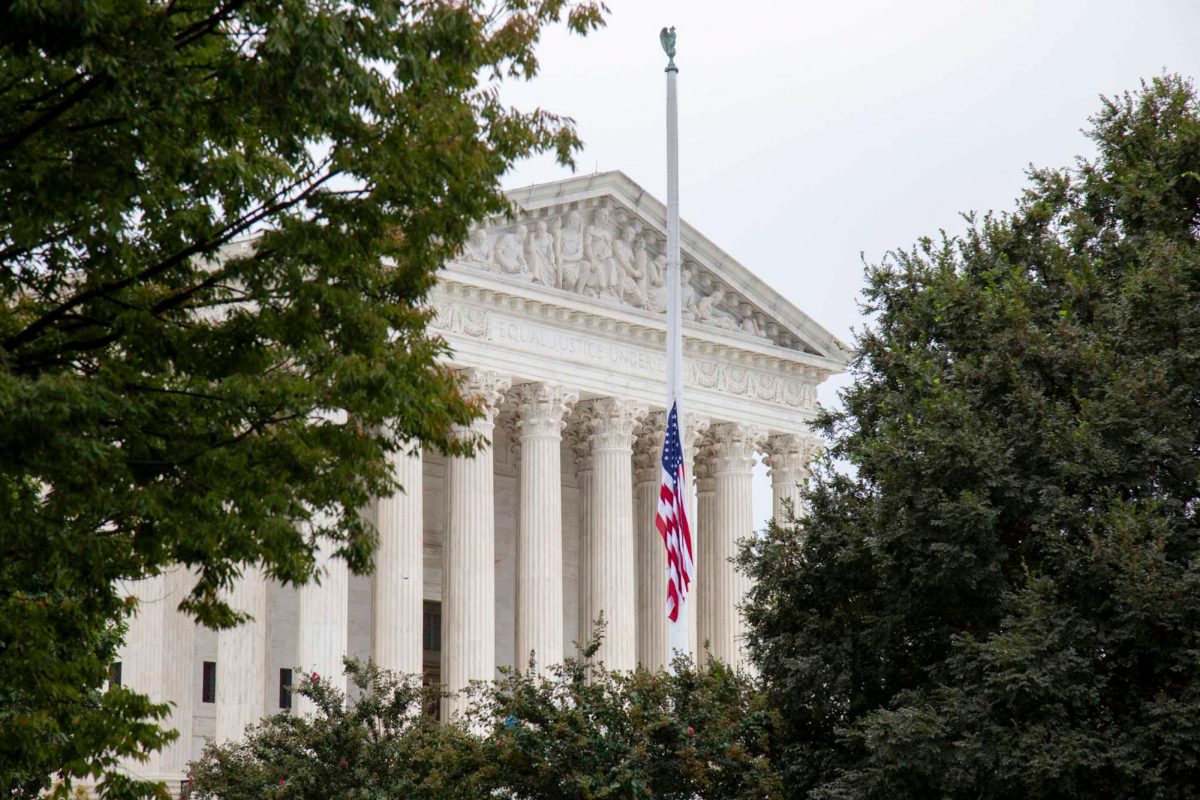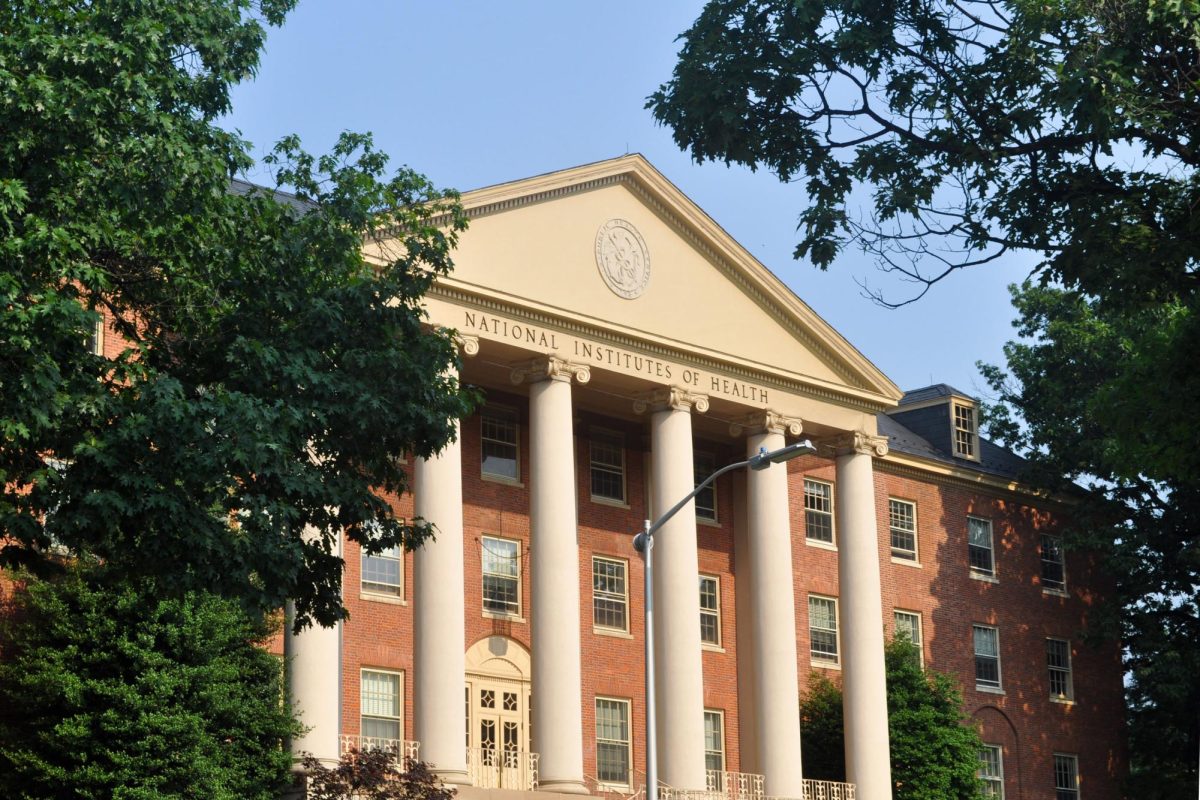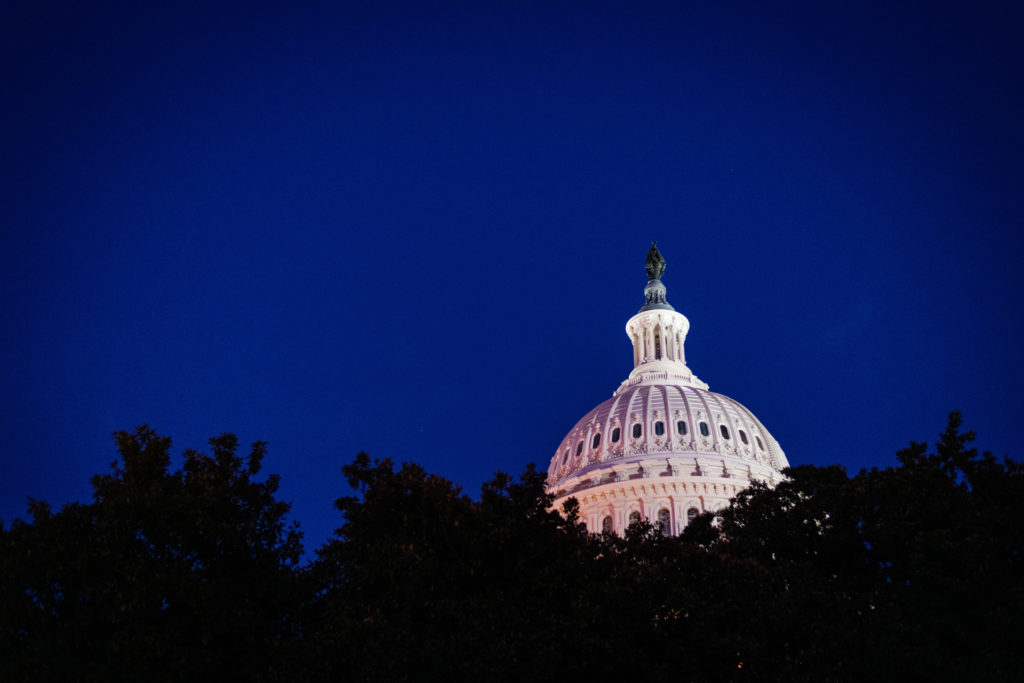Officials from the School of Medicine and Health Sciences said they project to have an efficacious COVID-19 vaccine by the end of the calendar year at a press conference Wednesday.
Medical school administrators said GW is being assessed to be part of another COVID-19 vaccine trial, run by the Coronavirus Prevention Network, the segment of the National Institutes for Health that is running the current trial SMHS is conducting. David Diemert, the principal investigator for the trials and a professor of medicine, said the trials’ volunteers should be commended for pushing the research team’s work forward despite national concerns about receiving a COVID-19 vaccine once it is available.
“I have to say that we are particularly grateful for our volunteers given all of the negative press that has been floating around regarding vaccines, and they are really taking a step to volunteer and to control whether or not there will be a vaccine moving forward,” Diemert said.
He said the trial team keeps in touch with participants on a weekly basis through telehealth visits and electronic diaries. He said several of the trial’s participants have developed symptoms related to COVID-19, but just one participant has tested positive for the virus so far.
“After their second dose of vaccine, which is four weeks after the first, we are going to be in contact with them monthly through either in-person visits or telehealth visits,” Diemert said in an interview.
Half of the vaccine trial’s participants are Black or Latino, surpassing the researchers’ goal for diversity.
Barbara Lee Bass, the dean of the medical school, said the medical community is still unsure when a widespread vaccine will be available, but they’re hopeful that high-risk groups of people, like health care workers, will be able to receive the vaccine by early 2021. She said Mayor Muriel Bowser’s office has started a task force, on which an SMHS faculty member serves, to create a plan for distributing a COVID-19 vaccine once it becomes available.
“I think that most people in this business think it’s probably going to be some time 2022 before we have widespread vaccination available,” she said. “That’s kind of what I’m hearing, not necessarily based on inside knowledge by any means.”
Moncef Slaoui, the chief adviser for the U.S. Department of Health and Human Services’ COVID-19 vaccine development initiative Operation Warp Speed, said he is grateful to the people who have participated in the trial so far.
“I really warmly thank the volunteers, the two who are with us today, but also the almost 30,000 who have participated in this particular trial of the Moderna vaccine,” he said.
Slaoui said he encourages community members to participate in the trials.
“There are six vaccines being tested, two of which are almost fully completed,” he said. “Two more are trying to restart imminently, most likely later this week, next week, and there will be two more late in December and early December.”
Wilma Capriles, a housekeeper from D.C. and a participant in the study, said she wanted to participate in the trial to help a vaccine be widely available.
“I recommend it to everybody,” she said. “I think it is safe. I think it’s good for everybody, especially for Latino people.”








